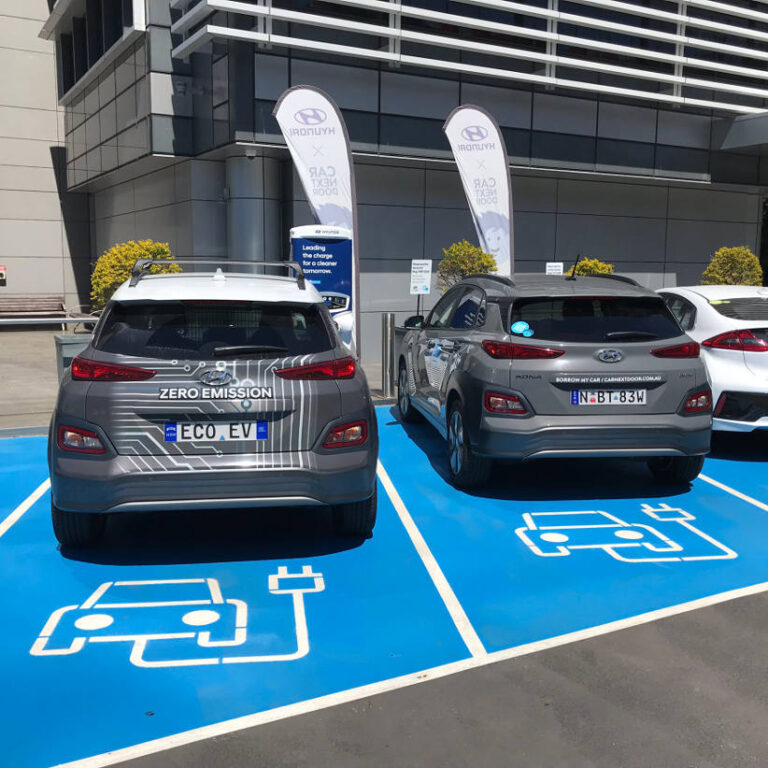The study conducted by ACA Research, on behalf of AfMA, AGL and the NSW Government, to check on the journey to electrification by Australian fleets found that vehicle replacement cycles will be a key factor in determining when we see more electric vehicles on the road.
There were 177 respondents to the survey responsible for 66,518 fleet vehicles. They came from a mix of local government, State and Federal governments, as well as large and small private organisations. Currently only 2% of their vehicles are EV and PHEV, while 5% are hybrid.
Manufacturers have the biggest opportunity over the next two years because half the respondents confirmed they are looking at adding EVs to their fleet during this time period. Not surprisingly it’s the larger organisations with big fleets that are most likely to buy electric vehicles. The disappointing statistic was from State and Federal governments where 35% of respondents said they had no plans to add EVs.
Vehicles get replaced for a number of reasons and age is the main one. Though for the companies planning to purchase electric vehicles, Fleet Management Organisations hold the key to the data. In the research, 33% of respondents stated that ‘End of finance contract’ was the main trigger for vehicle replacement. And this statistic increased to 57% for fleets with more than 500 vehicles.
Local governments prefer vehicle age as the trigger for asset replacement which suggests they are less likely to use a Fleet Management Organisation or financier.
One interesting statistic buried in the report was the average age of fleet vehicles. Ten years ago passenger vehicles were leased for 36 months and light commercials for 48 months. Now the average retention period is 44 months for passenger vehicles, 43 months for SUVs, 55 months for light commercials and 82 months for heavy commercial vehicles. And these figures did not change much between government or private fleets.
Click here to download a copy of the research from the AfMA website.






